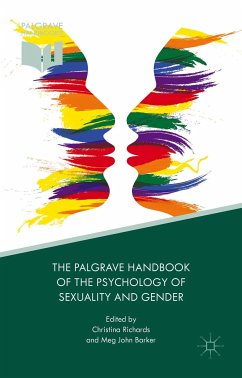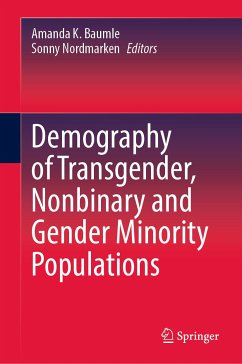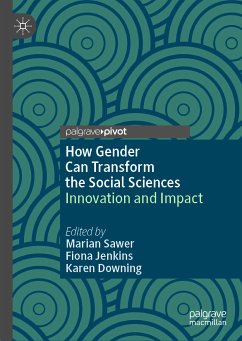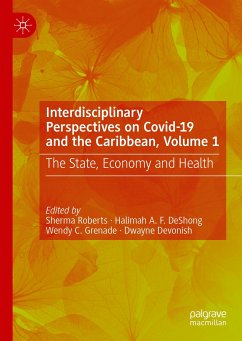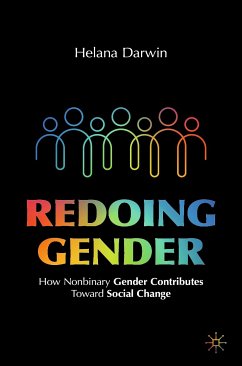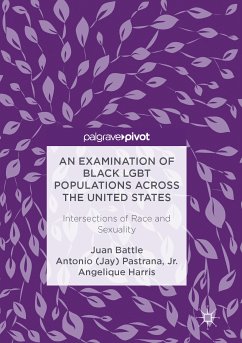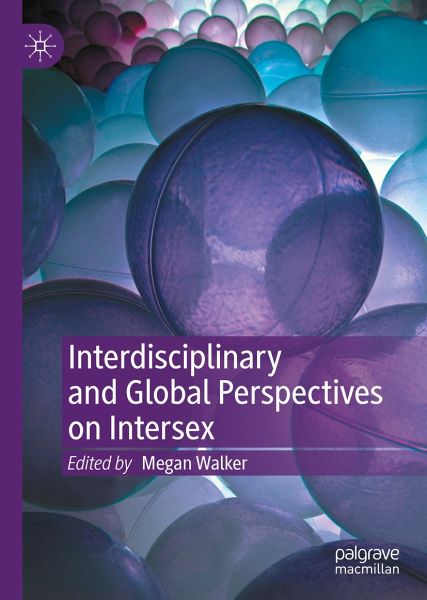
Interdisciplinary and Global Perspectives on Intersex (eBook, PDF)
Versandkostenfrei!
Sofort per Download lieferbar
96,95 €
inkl. MwSt.
Weitere Ausgaben:

PAYBACK Punkte
48 °P sammeln!
This edited collection interrogates how social and cultural representations of individuals with intersex variations impact how they are understood and treated from legal and medical perspectives across the world. Contributors consider how novelists, filmmakers, artists, and medical professionals have represented people with intersex variations, and highlight the importance of ethical representation and autonomy to encourage wider cultural and medical knowledge of intersex variations as a naturally occurring phenomenon. The text also examines the ways in which individuals with intersex variatio...
This edited collection interrogates how social and cultural representations of individuals with intersex variations impact how they are understood and treated from legal and medical perspectives across the world. Contributors consider how novelists, filmmakers, artists, and medical professionals have represented people with intersex variations, and highlight the importance of ethical representation and autonomy to encourage wider cultural and medical knowledge of intersex variations as a naturally occurring phenomenon. The text also examines the ways in which individuals with intersex variations are represented and viewed in India, Italy, Pakistan and Israel, as well as how this impacts decision making for the individuals, families and medical providers. This book argues that reactions to intersex variations will not change unless they are no longer presented as treatable disorders. It positions representation at the forefront, shifting the emphasis away from a concern for maintaining gender norms to upholding the human rights of intersex people.
This volume will be of interest to researchers and scholars in intersex studies as well as policymakers and activists.
This volume will be of interest to researchers and scholars in intersex studies as well as policymakers and activists.
Dieser Download kann aus rechtlichen Gründen nur mit Rechnungsadresse in A, B, BG, CY, CZ, D, DK, EW, E, FIN, F, GR, HR, H, IRL, I, LT, L, LR, M, NL, PL, P, R, S, SLO, SK ausgeliefert werden.






